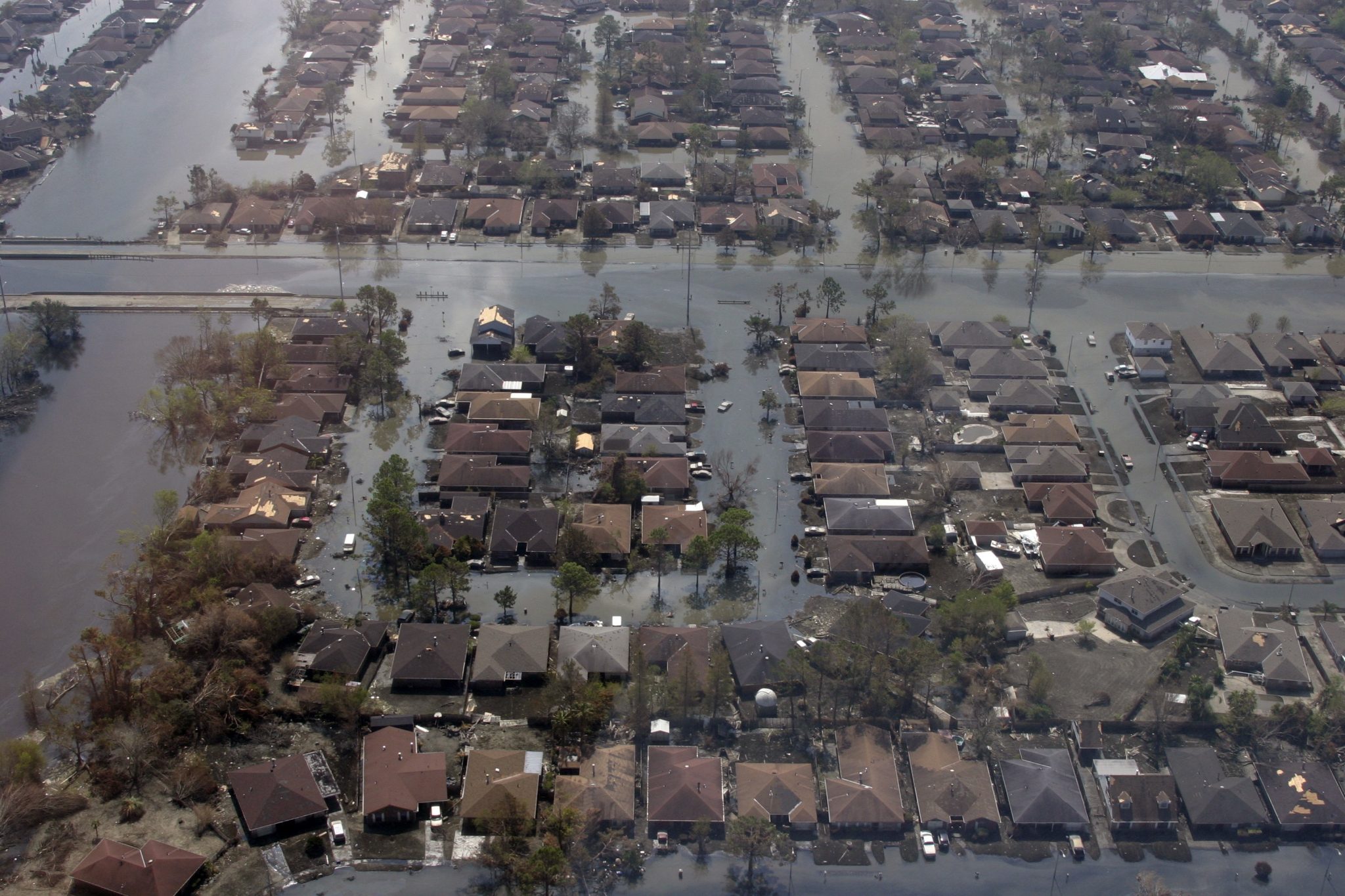
Who Is Liable If You Get Injured in an Amusement or Water Park?
March 11, 2019
Why Is Flood Damage Rarely Covered by Insurance?
March 11, 2019Semi-Truck Accident Liability Laws in Florida

If you have ever been in or seen a crash involving a semi-truck, you know the outcome can be drastically different than accidents involving smaller vehicles. If you are rear-ended by a sedan, SUV or pickup truck, your car may only sustain minor damage. However, if you are hit from behind by a tractor-trailer, the sheer size difference means you are more likely to sustain severe injuries.
Semi-truck drivers are held to more stringent requirements than other drivers. These additional regulations are intended to reduce the likelihood of catastrophic accidents on the nation’s roads and highways. Some of these requirements are also designed to make it easier for truck accident victims to receive the compensation they deserve should a negligent truck driver fail to maintain compliance with relevant rules and regulations.
Insurance Requirements
All Florida drivers must carry at least $10,000 in liability insurance. However, semi-truck drivers must carry much more than this because their vehicle is much larger and they spend more time on the roads than most drivers. Florida law requires them to carry $50,000 to $750,000 in insurance, depending on vehicle weight, though many trucking companies carry much more than the minimum to avoid being sued.
Trucks transporting hazardous materials (HAZMAT) are subject to even stricter insurance requirements. Drivers must carry at least $5 million in property and personal injury liability coverage because of the potential danger these materials pose.
Steps to Take After a Truck Accident
After an accident, you will probably be confused and shaken up. Despite these feelings, it’s important to follow a few key steps to make sure the person or people who caused the crash are held liable and that you are fairly compensated for any injuries you have sustained.
Stay on Scene
Even if you did not cause the crash, you must stay on scene. If someone was injured in the accident and you do not stop, you may face civil repercussions or even criminal charges.
As soon as possible, you should call 911 to notify police. You should note as many details as you can, including that the collision involved a semi-truck. This will help them determine how to respond to the crash scene.
If anyone has been seriously hurt, do not attempt to move them on your own. This could worsen their injuries. You also should not move your vehicle until told to by police, as this can hinder their investigation.
Document the Crash
If possible, take photos of the damaged vehicles and the accident site. This can help investigators determine what caused the crash. You should also write down contact information from all the drivers involved, as well as insurance and driver’s license details.
When police arrive, cooperate with them but do not share any unnecessary details or say anything that may indicate you are at fault.
You should notify your insurance company of the accident but avoid talking to any adjusters at the scene unless they are from your insurer. Do not give a written statement or sign anything without seeking advice from a trusted attorney.
Seek Medical Treatment and Legal Assistance
If you are seriously injured, you will likely be transported to the hospital for evaluation. Even if you do not have any apparent injuries, it is recommended you get a medical examination done after a truck accident to rule out any internal injuries or other problems that may not immediately present themselves.
In the days following the crash, you should seek legal assistance from a qualified attorney who specializes in truck accidents. They can navigate you through the decision-making process and help you get compensation for damages.

